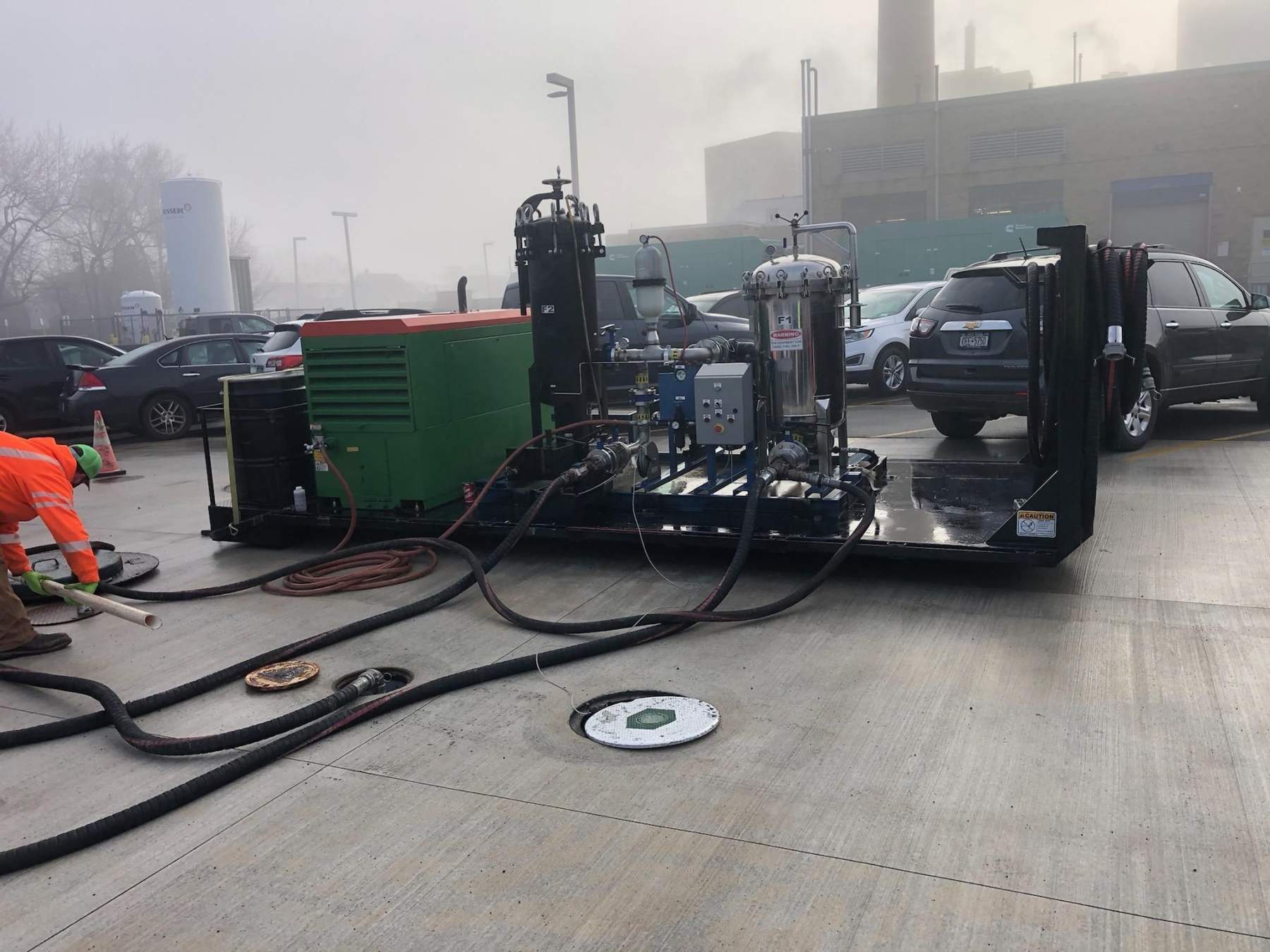Fuel quality is crucial to the efficiency and performance of engines. Diesel fuel may be contaminated in time by sediment, water and microbial growth. This could negatively impact engine performance and lead to costly repairs. Polishing your fuel is a fantastic way to make sure that your engines run efficiently and fight fuel contamination.
Fuel polishing, also referred to as diesel fuel polishing is a method of getting rid of contaminants and impurities from diesel fuel. Professionals employ modern equipment and techniques to restore the fuel to its optimal condition. In addition to removing harmful substances, and restoring quality to fuel, polishing the fuel improves the efficiency of engines decreases maintenance costs and increases the longevity of equipment.

Numerous polishing services for fuel are readily available to satisfy the varied requirements of various industries that depend on diesel fuel. They employ highly skilled technicians who are knowledgeable about fuel systems and comprehend the intricacies of fuel contamination. With their extensive knowledge and the latest equipment they are able of identifying issues related to fuel and use the right techniques for polishing your fuel.
The purpose of fuel polishing is to remove water sediment, sludge and microbial contamination from diesel fuel. The buildup of water in fuel tanks is often caused by leaks or condensation which can lead to corrosion, fuel degrading and the development and spread of mold and bacteria. Sediment and sludge on the other hand, could be a result of impurities in fuel, or as a result of the degradation of components of the fuel over time. These substances can block filters and injectors as well as other crucial components. This could result in lower engine performance or even a breakdown.
The process of polishing fuel is generally a multi-step process. The process begins with a sample of the fuel and analysis to assess the degree of contamination and determine the appropriate method of action. After the analysis is completed, technicians employ filtration systems to remove impurities and contaminants from the fuel. The systems employ various filter media and technology to eliminate and separate contaminants, leaving pure diesel.
Regular fuel polishing offers several key benefits. Primarily, polishing fuel improves the quality of the fuel. This ensures engines receive clean, constant fuel that allows it to burn at optimum levels. This improves the efficiency and efficiency of fuel which results in cost savings and lower emissions. The process also reduces the chance of engine breakdowns as well as damage caused by contaminated gasoline. It helps to maintain the durability and integrity of engine parts by eliminating harmful substances. For more information, click Diesel polishing
Regular diesel fuel polishing (also referred to as polishing using diesel) offers many benefits in keeping the quality of fuel. It helps get rid of contaminants like water, sediments, and microorganisms that could negatively affect the performance of engines. Polishing the diesel improves the quality of fuel by removing impurities. This will in turn increase the efficiency of combustion, leading to increased fuel efficiency and lower emissions. Additionally, regular polishing of diesel helps reduce the risk of engine damage, by preventing blockages in injectors, fuel filters and other critical components. Furthermore, by reducing build-up of sludge and corrosion, regular fuel polishing ensures the durability of storage systems. Overall, the benefits of regular diesel fuel polishing, also known as diesel polishing, are an improved performance of the engine, cost savings, and greater reliability of the equipment.
Furthermore, the services of fuel polishing can be customized to meet the specific requirements of different industries and applications. The process of polishing fuel can be applied to a variety of applications, from marine vessels and backup engines, to construction machines and transport fleets. It is essential in industries that require a continuous and reliable power supply, as well as companies operating in remote or difficult environments where the quality of fuel is at risk.
Polishing the fuel is a crucial process for ensuring the cleanliness and purity of diesel fuel. By removing impurities and contaminants improving the efficiency of engines and reduces the cost of maintenance and extends the lifespan of the equipment. Through investing in a professional approach to polishing techniques, businesses are able to ensure their operations are protected, increase performance and lessen the risk that comes with contamination of the fuel. Fuel polishing is a powerful tool that is able to boost the efficiency of diesel fuel.
